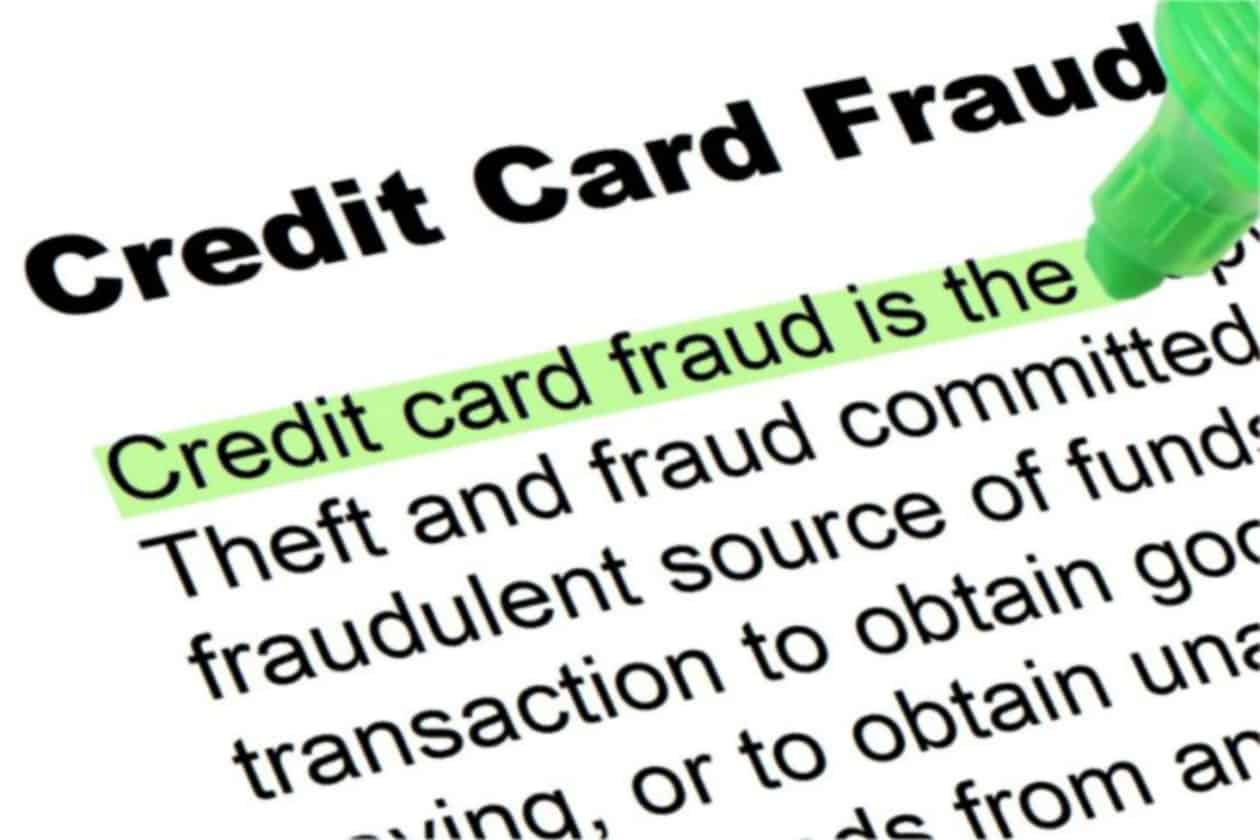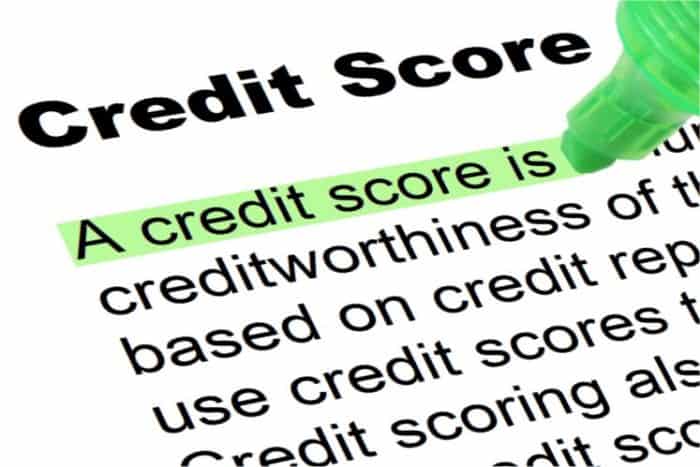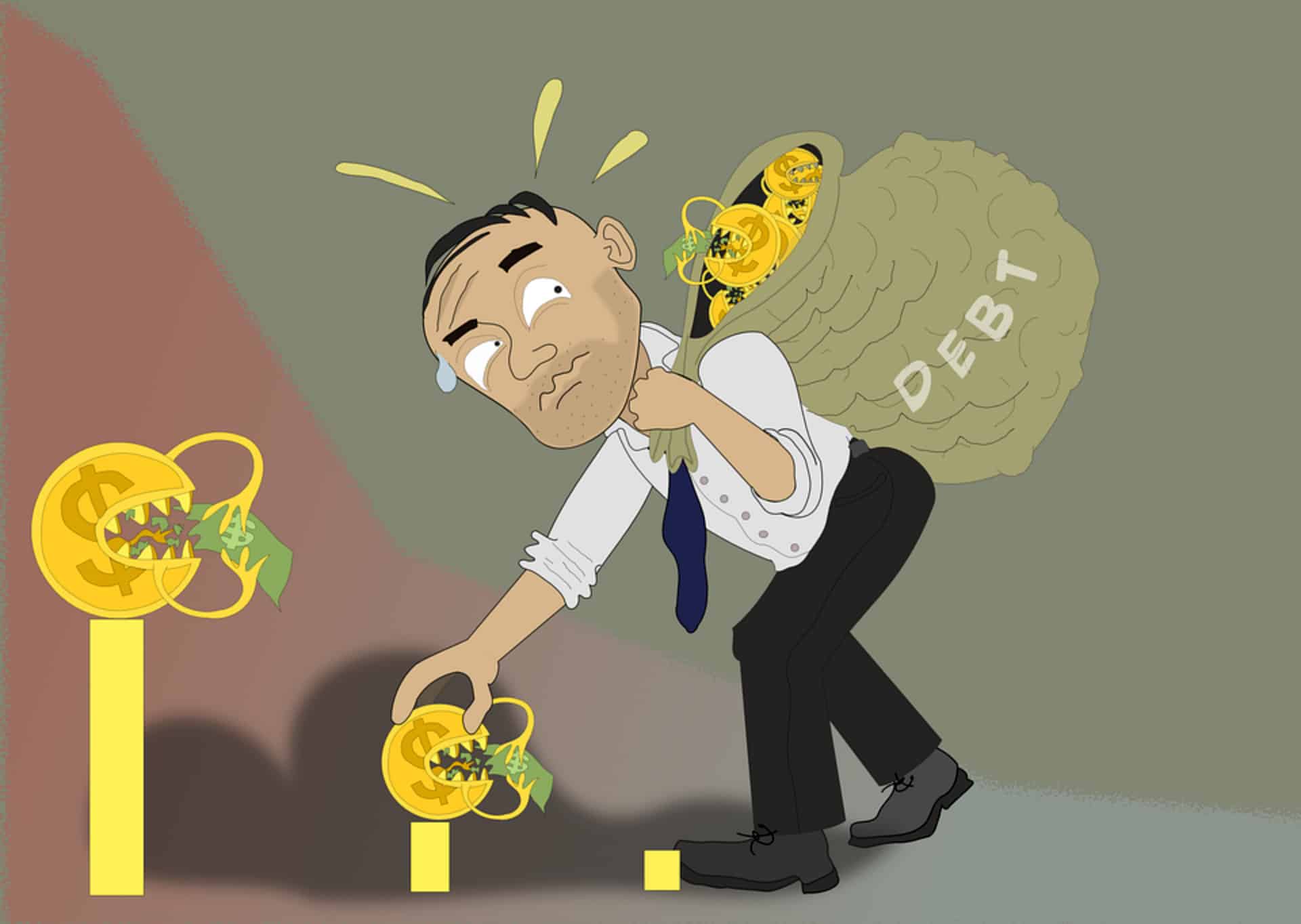CREDIT FRAUD ALERT CANADA: SEE OUR FREE OFFER
AT THE BOTTOM OF THIS VLOG
Credit Fraud Alert Canada: Introduction
Laurie Campbell joins me now to explain about credit fraud alert Canada. She is the CEO of Credit Canada Debt Solutions. Alright so let’s talk about some practical tips. What are your top three tips that will help people lower the risk that they could go through like this woman from Winnipeg described below went through?
Credit Fraud Alert Canada: Laurie’s top 3 tips
Laurie’s top 3 tips are:
- Check your credit rating. Contact both Equifax and TransUnion because those are the two credit reporting agencies in Canada.
- Limit the of credit cards you have. So many people are not aware of how easy fraud can happen when you have five or six or ten types of credit out there.
- Don’t give out your credit card or personal information to people even if you know them well. Safeguard it like money and make sure you do not give your credit card to people who may phone you asking for it. There are many scammers just phishing for information.
Credit Fraud Alert Canada: A very sad story
This woman’s story has lasted just over three years. Imagine, three years to get your credit fixed. That is unusual, incredibly unusual for it to take that long. Certainly there are some there are processes in place and you know unfortunately for her the only reason she found out about it was because she had a mortgage renewal. This is why it’s important to check your credit rating.
Credit Fraud Alert Canada: The credit rating
So remind us again what a credit rating is. There is a credit rating and a credit score. Both are very important. Your credit rating is a rating on how well you pay your debts and it reflects your credit history. For example, if you pay on time and you have a long period of history reports on the different types of credit that you have.
Your credit score is accumulation of information including not just your credit rating but that how long have you been using credit and your behavior with credit over time. It is personal information so essentially your credit rating makes up your credit score to a certain degree.
Credit Fraud Alert Canada: An ounce of prevention
Both are really important and so what options does a fraud victim have when you’re getting stonewalled by the creditors or the credit agency and there is wrong information about you in your credit report?
First there are certain things we hopefully can do to prevent that from happening but once that does happen you can ask for an investigation by the credit reporting agencies. You are going to need to be able to have some backup information on your set of circumstances to prove that it wasn’t you. In this case you are guilty until proven innocent. The burden is on you as the consumer to point out why they’re wrong and made a mistake.
Don’t forget that the credit reporting agency is merely reporting on information from the date provided to it. So first, you are going to need to have the creditor recognize that there is an error. Keep in mind it could be something as simple as your employment information. If you don’t have up-to-date employment information on you because you haven’t applied for credit since you have a new job or new place of residence. Those types of things are considered errors as well so we start to whittle away it.
Credit Fraud Alert Canada: Always check your credit report
We need to know what our credit report says and that’s why as Canadians we should be checking it on a regular basis. Some families share their credit cards with their kids which makes them more susceptible to being victims of fraud. Anytime you’re giving your giving your credit card out, especially to family members or friends, you’re putting yourself at risk.
First, there is “friendly fraud”. You hope it never happens to you where somebody else is using your credit in a way that you don’t want them to. Also, exposure in the marketplace is a problem. That is where people can leave credit cards behind and people then use it for their own purposes.
You should safeguard your credit like cash, but some people don’t do this.
Credit Fraud Alert Canada: Get your solution
The last thing any of us need is having our identity stolen and a fraud perpetrated on us to ruin our credit. If you are having credit and debt problems, help with your debt issues is available now. Contact Ira Smith Trustee & Receiver Inc. We’re your best defence against debt. Make an appointment for a free, no obligation consultation and you can be well on your way to a debt free life Starting Over, Starting Now. Give us a call today.










